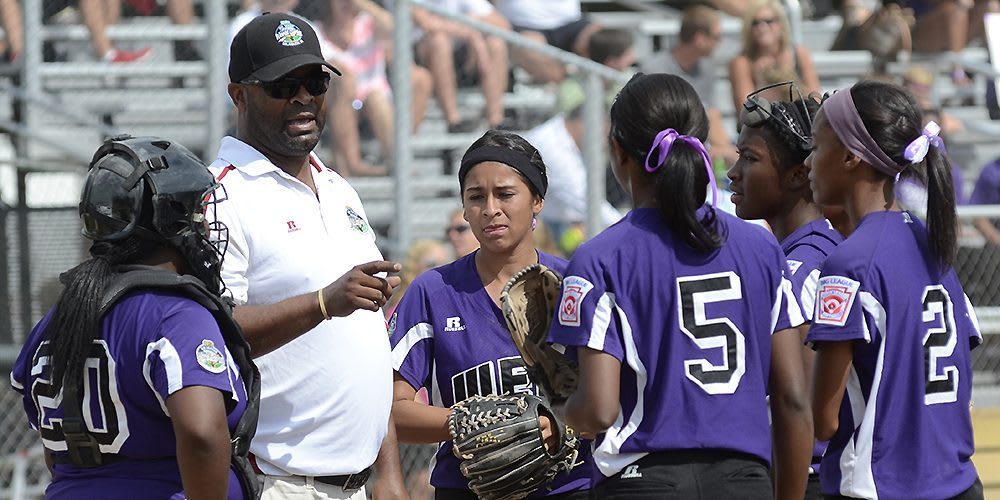
There is a special bond between player and coach, a bond that can last a lifetime. Even those players who have made it all the way up to the Major League Baseball or collegiate level will often reminisce about not only the friends they played Little League® with, but their coaches as well.
One of the most important coaching responsibilities is developing a positive relationship with each player. And, perhaps the best way for that to happen is for coaches to get to know the person, not just the player. That’s where parents come in.
Share Personality Traits
Parents can help make a connection by sharing a few of their Little Leaguer’s traits with coaches at the beginning of the season. Instead of telling a coach about whether your Little Leaguer® is better suited for left field or second base, tell them something about your child that can build a coach-player relationship and can help them best coach your Little Leaguer.
Some kids are a bit shy or introverted, especially when they’re younger. Share that with the coach. That piece of information might alert them to really ease into situations, and perhaps, for example, not put your Little Leaguer first in the ground ball drill. If your child struggles with staying attentive, that’s okay, just tell the coach. He or she will appreciate knowing that, especially coaching baseball or softball. The coach may develop quick practice stations to help keep the energy and focus. If your Little Leaguer has a really high motor, let the manager know. He or she may give your Little League an extra responsibility like collecting all the balls at the backstop between batters, so they don’t get bored or disinterested.
Offer Other Interests
Another way parents can help build a coach-player relationship is to share just a few of your Little Leaguer’s interests beyond baseball or softball. Coaches who use outside interests to talk to their team members and can use it to help form a bond. It can also assist in calming nerves. Let’s say a player is coming up to bat in the bottom of the sixth inning with the score tied, a runner on third, and two outs. Sure, a coach wants the player to focus on putting the bat on the ball, but if he or she sees that the player is too uptight as they wait for a pitching change, for example, the coach can take the Little Leaguer’s attention away from a situation that may be more stressful. It’s amazing how simply talking about music or swimming or gymnastics or technology for just a few seconds can calm a player, thus setting them up for the potential of a productive at-bat.
It’s incredibly important that coaches make your Little Leaguer comfortable, and the more a coach can do that, the better their relationship will be, and the better the Little League experience will become.